Search Articles
Browse Content (p. 93)
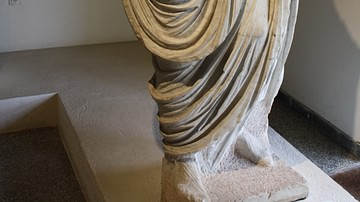
Article
The Roman Toga
The toga was an item of clothing worn by men who were citizens of Rome. The toga consisted of a single length of wool cloth cut in a semicircle and wrapped around the body of the wearer without any fastenings. The Roman toga was a clearly...

Article
Letters & Post in the Ancient World
Letters and their delivery via a state communication system was a feature of many ancient cultures. The writing medium may have differed but the Mesopotamians, Egyptians, Greeks, Romans, and Incas all had the means to send messengers and...
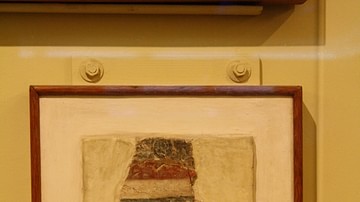
Article
Cosmetics in the Ancient World
The wearing of cosmetics and perfumes by both men and women goes back a very long way indeed as the ancients were just as keen as anyone to improve their appearance as quickly and as easily as possible using all manner of powders, creams...
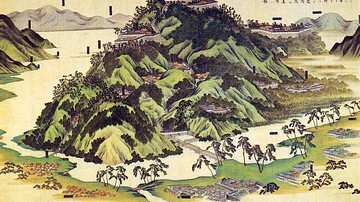
Article
Feudalism in Medieval Japan
Feudalism in medieval Japan (1185-1603) is the relationship between lords and vassals where land ownership and its use were exchanged for military service and loyalty. Although present earlier to some degree, the feudal system in Japan was...
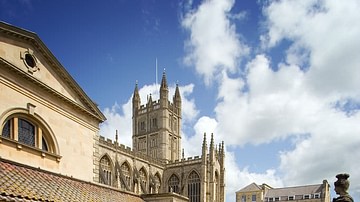
Article
The Roman Baths in Bath- A Deep Dive into Britain’s Ancient History
Bath, the famous spa town in Somerset England, has attracted people from near and far for centuries to its healing springs and baths. Today the city is known for its beautiful Georgian architecture and as the destination for the wealthy elite...
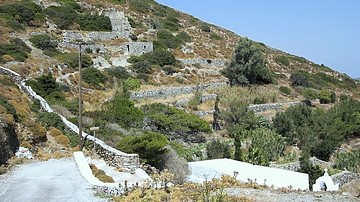
Article
Pirates of the Mediterranean
The pirates of the ancient Mediterranean were not, for the most part, the outsiders who knew no country's allegiance and were the enemies of civilization as they are frequently depicted in novels and other media. They were often employed...
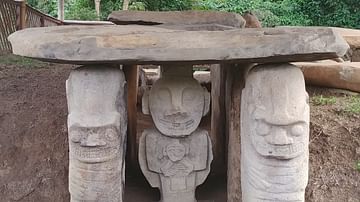
Article
The Megalithic Funerary Art of San Agustín
Beginning approximately 2000 years ago, in a rugged stretch of southwestern Colombia where the Andes split into multiple ranges and the mighty Magdalena River is born, a people created a collection of magnificent ritual and burial monuments...
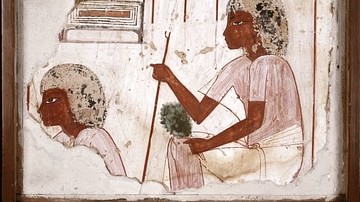
Article
Immortality of Writers in Ancient Egypt
For the ancient Egyptians, life on earth was only one part of an eternal journey which continued after death. One's purpose in life was to live in balance with one's self, family, community, and the gods. Any occupation in Egypt was considered...
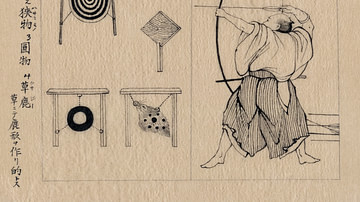
Article
Martial Arts in Medieval Japan
There were 18 martial arts (bugei or bujutsu) in medieval Japan, and these included use of weapons, unarmed self-defence techniques, swimming, and equestrian skills. Initially designed to hone the skills of warriors for greater success on...
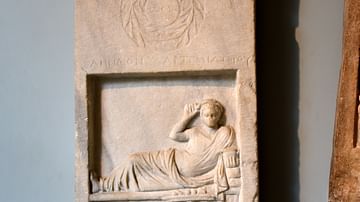
Article
Curses & Fines on Epitaphs
The concept of a curse laid on a tomb or gravesite is best known from ancient Egypt but the practice was quite common in other civilizations of antiquity. The tomb or grave was the eternal home of the physical remains of the deceased to which...